Student Bio
- Specialist in Anthropology (with focus in anthropology of health and archaeology)
- Minor in Environmental Law and Policy
- Fourth year (graduating) undergraduate student at UTM
- Starting a Master of Public Health in Indigenous Health at U of T’s Dalla Lana School of Public Health
"I have an interest in medical anthropology, Indigenous studies, and pursuing health research, and that’s my current academic trajectory."
It's kind of funny because when I started at UTM I had no intention of ever studying anthropology. When I started at UTM I was in the life sciences, wanting to pursue biology, and I wanted to be a doctor.
After I took ANT101, the Introduction to Biological Anthropology and Archaeology course and I just loved it. Anthropology is such a huge discipline that I never knew existed.
I got to learn things from biology, such as human morphology, anatomy and ecology. You get an understanding of many topics you would cover in the “traditional” physical sciences, just in a unique way that is human-centered and relevant.


Discovering anthropology science
The great thing about the first-year anthropology course is you get a fascinating introduction to fossils, human origins, agriculture, primates, genetics and early civilizations, it pushes you to want to research more!
From that, you think, “Would I want to purse anthropology in the science stream or the arts stream?” I went into the science stream, and I found the anthropology of health, or medical anthropology, to be where I wanted to put my focus.
Anthropology of Health
I love that we can use anthropological research to better understand global health and utilize it to inform policy. Further, we can understand topics that are so relevant today. Even now, in a global pandemic, looking at infectious diseases and epidemiology; students have an opportunity to learn this within anthropology at UTM.
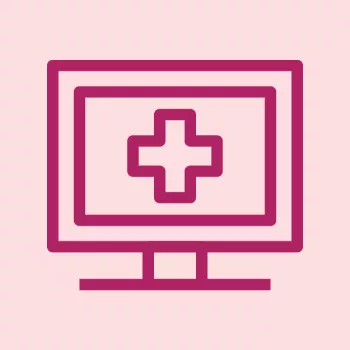
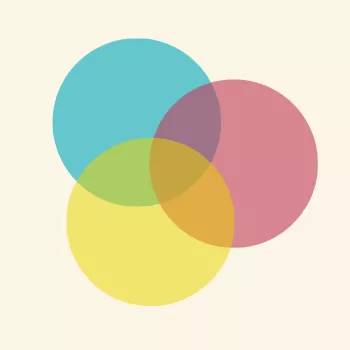
How anthropology complements your other UTM programs
I’m also doing a minor in Environmental Law and Policy, so it overlaps really nicely with the anthropology of health which ultimately looks at the socio-economic barriers that affect human health status. Anthropology overlaps well with any topic, even when we talk about climate change and social injustice; we can utilize an anthropological scope on just about everything.
"One of my favorite courses was taught by Professor David Samson. It's called Sister Species Lessons from the Chimpanzee - ANT367."
The course looks at chimpanzees diet, culture, behavior, and disease.
It's interesting that we know anthropology to be a human-centered discipline, but we can use our sister species and other primates to further understand ourselves. The course challenges us to question this notion of uniqueness and complexity and what makes actually makes us unique as a species, comparatively to other primates such as chimpanzees. Also, most people don’t know that primatology is actually a subfield of anthropology and not biology.
There are lots of really cool courses to take at UTM. I’ve also taken courses like Forensic Anthropology, Food and Nutrition, Multi-species Ethnography. Anthropology is a highly interdisplinary field, and UTM offers a wide array of courses to its students, which is fantastic.
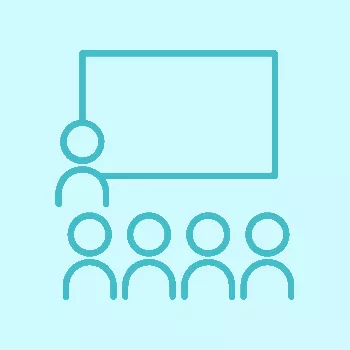
"One opportunity can blossom into other opportunities."
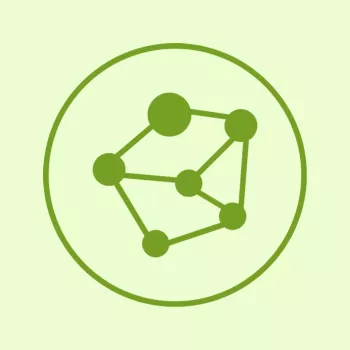
Activities and work-study
I took an upper year lab course, People and Plants in Prehistory, in which offered the opportunity to travel abroad to Japan for reading week. I know we are learning remotely right now, but I hope students have a chance to check out the unique experiential learning opportunities that some of the anthropology courses offer.
Preceding the trip, I was able to publish a reflection in the Young Anthropology journal, which was my first publication. This is a great way to build your CV, and get your undergraduate work showcased in a peer-reviewed journal.
On the trip, I made amazing friends who encouraged me to get more involved in student life. I took a big leap and I became the president of the Anthropology Society. I've been able to network and lead a phenomenal team to deliver fantastic programming to student to our membership.
Lastly, this experiential learning trip also led me to a work-study position at the International Education Center, where I was able to meet new people and facilitate inclusive programming to promote interculturalism on campus!
Advice for students
Get involved
There are so many opportunities to get involved in research and student life. Reach out to your professors to see if they have or know of any volunteer opportunities for students; they're there to help you! You can also reach out and email UTMAS; say "hey, I am looking to get involved, do you know of any opportunities on campus, or within the community." Networking and involvement makes a huge difference in the university experience.
Reach out for accurate information
If there is one thing I have learned throughout my time in undergrad, it's that sometimes people can be discouraging and say things like "what are you going to do with an anthropology degree?" Anthropology is a large discipline with various trajectories students can take. Check out the UTMAS website, reach out to your professors to ask them questions about careers and paths within anthropology. There's so much opportunity and potential, and it's only what you make of it, so be bold and take initiative!
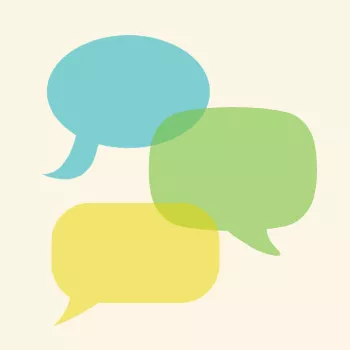
Icons from the Noun Project.
